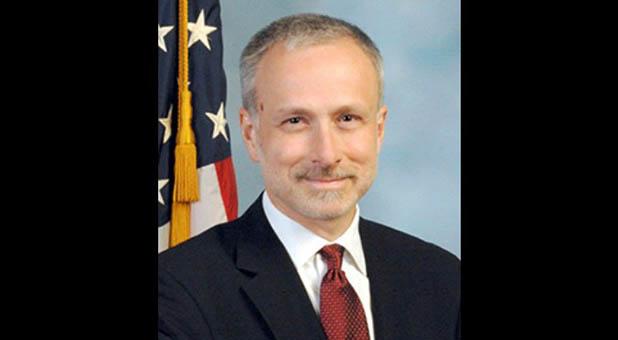The FBI’s top lawyer, General Counsel James Baker, initially thought that Hillary Clinton should face criminal charges for transmitting classified information over her insecure, private email server, according to transcripts from a 2018 closed-door Congressional testimony reviewed by The Hill‘s John Solomon.

While being questioned by Rep. John Radcliffe (R-TX), Baker was clear that he thought Clinton should face criminal charges.
“I have reason to believe that you originally believed it was appropriate to charge Hillary Clinton with regard to violations of law – various laws, with regard to mishandling of classified information. Is that accurate?” asked Ratcliffe, a former federal prosecutor.
After a brief pause to consult with his attorney, Baker responded: “Yes.”
Baker later explained how he arrived at his conclusion, and how he was “persuaded” to change his mind.
“So, I had that belief initially after reviewing, you know, a large binder of her emails that had classified information in them,” said Baker. “And I discussed it internally with a number of different folks, and eventually became persuaded that charging her was not appropriate because we could not establish beyond a reasonable doubt that – we, the government, could not establish beyond a reasonable doubt that – she had the intent necessary to violate (the law).“
Baker says he was persuaded to change his mind “pretty late in the process, because we were arguing about it, I think, up until the end.“
Recall that in December, 2017 we learned that James Comey’s original exoneration letter was drafted in a way that would have required criminal charges – changing Clinton’s conduct from the legally significant “gross negligence” to “extremely careless” – which is not a legal term of art. This language – along with several other incriminating components was altered by former FBI counterintelligence agent and attorney, Peter Strzok.
Baker made clear that he did not like the activity Clinton had engaged in: “My original belief after – well, after having conducted the investigation and towards the end of it, then sitting down and reading a binder of her materials – I thought that it was alarming, appalling, whatever words I said, and argued with others about why they thought she shouldn’t be charged.“
His boss, Comey, announced on July 5, 2016, that he would not recommend criminal charges. He did so without consulting the Department of Justice, a decision the department’s inspector general (IG) later concluded was misguided and likely usurped the power of the attorney general to make prosecutorial decisions. Comey has said, in retrospect, he accepts that finding but took the actions he did because he thought “they were in the country’s best interest.” –The Hill
Baker noted that had he been more convinced that there was evidence that Clinton intended to violate the law, “I would have argued that vociferously with him [Comey] and maybe changed his view.”
via ZeroHedge News https://ift.tt/2NlLVLM Tyler Durden